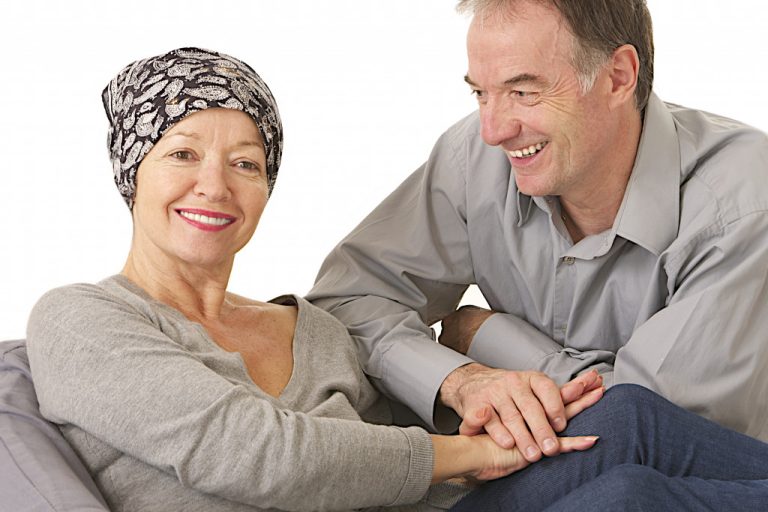It’s not easy taking care of a senior with cancer. They may be cranky, in pain, and unable to do the things they used to do. But, with patience and understanding, you can make their life much easier. Here are some tips on how to take care of a senior with cancer.
Get a cancer diagnosis from a doctor.
A cancer diagnosis can shock and overwhelm anyone, especially a senior loved one. If you suspect that your elderly relative may have cancer, the first step is to seek professional medical help. Only a doctor can provide an accurate diagnosis and detailed information on what kind of cancer it is, how far along it has progressed, and the best treatment options available.
Once you get this vital information from the doctor and understand what your loved one is dealing with, you can better prepare to take care of them and make sure they are as comfortable as possible during their treatment.
Create a treatment plan with your medical team.
After receiving a cancer diagnosis, it is essential to formulate an effective treatment plan with the help of your medical team. During this consultation, you will have the opportunity to discuss and consider different potential treatment options, including surgery, radiation therapy, chemotherapy, and targeted therapy.
Discussing every option with your doctor to decide the most suitable treatment is essential. They will also factor in aspects such as the stage of your cancer, associated risk factors, and desired outcomes when advising a course of action. Creating an individualized treatment plan will ensure that your care is tailored to meet your needs, giving you the best chance of successful recovery from cancer.
Follow through with the treatments prescribed by your doctors.
Following your treatment plan is essential for anyone dealing with a health issue, as this ensures the best course of action and medical outcomes. Adherence to a course of treatment prescribed by one’s healthcare provider has been connected with improving one’s health status and potentially reducing medication costs and future doctor visits.
It is also important to remember that treatments may need to be tailored due to changes in circumstances; if anything should happen, always check back with your doctor before making any adjustments. Do not hesitate to reach out if you have any questions or concerns regarding your treatment plan so that you can be certain it accurately reflects your current condition and lifestyle.
Consider palliative care.
Palliative care is a type of care that focuses on improving the quality of life for people with serious illnesses, including cancer. This form of care encompasses a range of services, including pain and symptom management, emotional support, and spiritual guidance.
Palliative treatments aim to reduce stress and anxiety while providing comfort and relief to those living with cancer. When caring for a senior with cancer, it is essential to explore palliative care options as they can provide invaluable support in managing their condition’s symptoms and side effects.
Educate yourself about cancer.

Caring for a loved one with cancer can sometimes be stressful and overwhelming. Educating yourself on the different aspects of cancer is essential to be prepared to meet your elderly relative’s needs.
Look into the type of cancer they have and any possible treatments or therapies available. You should also take the time to read up on common side effects and how to manage them and learn more about potential lifestyle changes that may help with their condition.
Take care of yourself during this time.
While much of the emphasis during this challenging time has been placed on taking appropriate measures to keep yourself and those around you safe, it is also essential that you take care of your well-being.
Eating a healthy diet and engaging in physical exercise will help to balance your overall health and should be incorporated into your daily routine. Along with these two pillars, securing adequate rest is also vital. Prioritizing mental and physical rest can reduce fatigue and increase alertness when tackling new tasks.
Keep communication open with your loved ones.
Now more than ever, having open communication with your loved ones is crucial. From providing emotional support to offering helpful advice, having a strong support system is essential for well-being and navigating through difficult times.
It’s essential to stay connected in moments of joy and especially during challenging periods. Exchanging thoughts and feelings can help make adversity more bearable for all involved.
A cancer diagnosis can be difficult for the patient and their loved ones. It is essential to take care of yourself during this time, both physically and emotionally. Be sure to follow through with your treatment plan, eat healthy foods, exercise, and get plenty of rest. Additionally, keep communication open with your loved ones – they can provide support and understanding during this difficult time.











